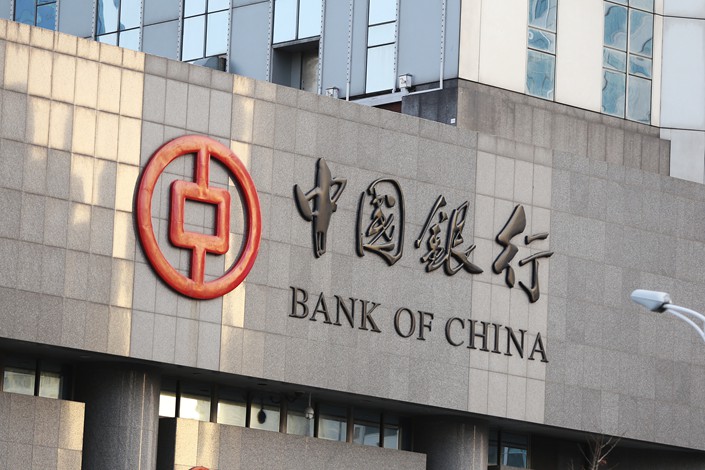China Gives Nod To Bank of China’s Perpetual-Bond Sale to Boost Capital

China’s banking and insurance watchdog has approved a plan by Bank of China (BOC) to issue perpetual bonds, confirming it will become the country’s first commercial lender to use the tool to replenish capital, as regulators seek ways to help banks beef up their ability to absorb risks.
The China Banking and Insurance Regulatory Commission (CBIRC) said it gave the green light on Thursday for BOC to sell no more than 40 billion yuan ($5.9 billion) in perpetual bonds. This is the first time a commercial bank has been allowed to issue this kind of debt, it said in a statement (link in Chinese).
“The new capital instrument will help banks further boost their capital, optimize their capital structure, increase their ability to offer credit, and enhance their capability to fend off risks,” the CBIRC said in the statement.
The approval came three weeks after China’s cabinet-level Financial Stability and Development Committee said it was researching measures to help banks replenish capital, including the issuance of perpetual bonds.
Perpetual bonds are a type of security that doesn’t have a fixed maturity and can make interest payments to investors forever if needed. The interest rate on perpetual bonds is usually set higher than average bonds as they are longer-term and have a higher liquidity risk.
Regulators were keen to introduce the fundraising tool in hopes that it will help tackle the challenge of China’s four global systemically important banks face in meeting their total loss-absorbing capacity (TLAC) capital requirement under international standards.
The TLAC requirement was outlined by the Financial Stability Board, an international body that makes recommendations for the global financial system and identifies global systemically important banks, as a bottom line of risk buffers in case “too big to fail” financial institutions go bankrupt. In China, this capital requirement is currently applied only to the Big Four state-owned commercial banks including BOC.
The Big Four banks need some 2.85 trillion yuan more than they have now to meet the minimum TLAC requirement by 2025, Moody’s Investors Service has estimated, underlining the daunting task for the lenders face in addressing their shortage of capital.
BOC has initially priced the bonds with a coupon of 4.5% to 5.2%, and has the option to buy back the debt after five years.
Contact reporter Leng Cheng (chengleng@caixin.com)

- 1Cover Story: China Carves Out a Narrow Path for Offshore Asset Tokenization
- 2Drownings Shake Chinese Enthusiasm for Travel to Russia
- 3Over Half of China’s Provinces Cut Revenue Targets
- 4Li Ka-Shing’s Port Empire Hit by Forced Takeover Amid Panama Legal Dispute
- 5In Depth: China’s Mutual Fund Industry Faces Overhaul After a Banner 2025
- 1Power To The People: Pintec Serves A Booming Consumer Class
- 2Largest hotel group in Europe accepts UnionPay
- 3UnionPay mobile QuickPass debuts in Hong Kong
- 4UnionPay International launches premium catering privilege U Dining Collection
- 5UnionPay International’s U Plan has covered over 1600 stores overseas





